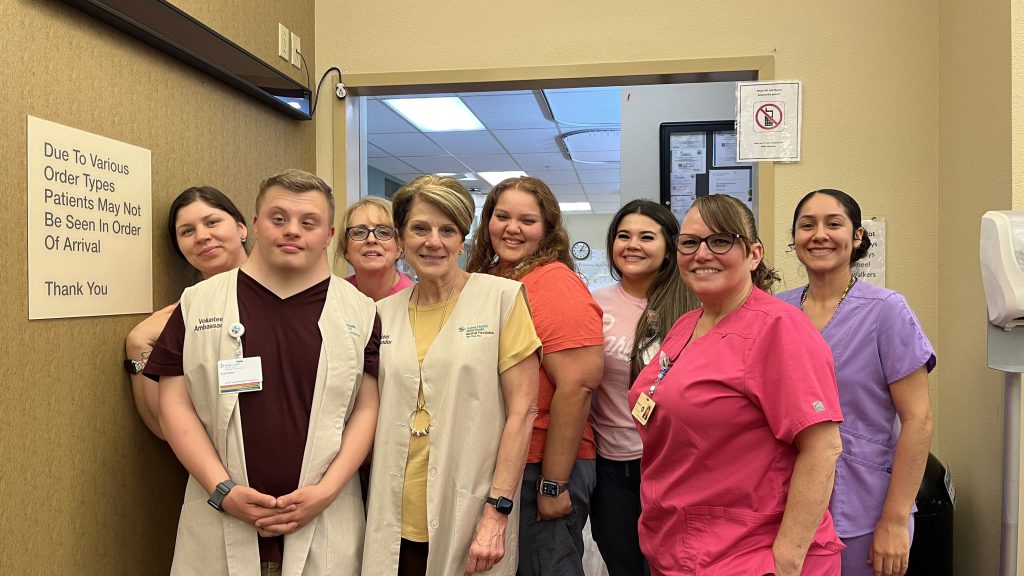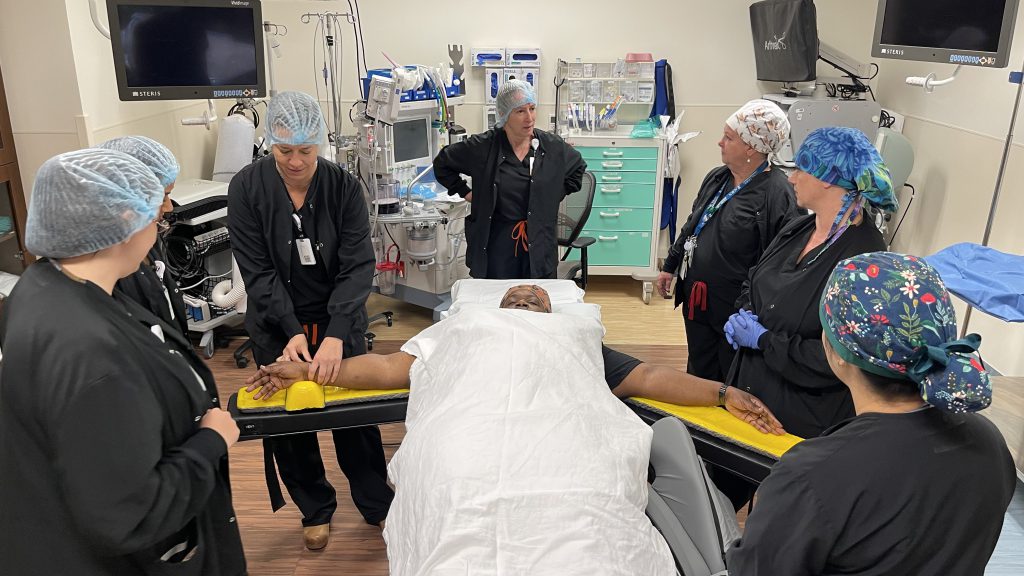Research has continuously shown the disproportionate impact COVID-19 has on communities of color. More recent studies have also revealed that if infected with the virus, pregnant women and their newborn babies experience a higher prevalence of adverse outcomes than those who are not infected. However, the crossover between these two critical populations has not, to date, been well researched. The result leaves a gap in clinical understanding of COVID-19’s specific impact to pregnant people of color.
Research recently published from Northern California-based Sutter Health’s Institute for Advancing Health Equity (IAHE) offers key data about how the virus spreads among expectant mothers of color – offering new insights and guidance on vaccination strategies during pregnancy.
Sutter’s study, among the first and largest-of-its-kind, revealed Hispanic pregnant people are at 2.4 times increased odds of contracting COVID-19 during pregnancy compared with non-Hispanic White people. These circumstances increase the likelihood of outcomes such as maternal mortality, preeclampsia, preterm birth and stillbirth. The research also revealed infection is highest during the third trimester – underscoring the importance of encouraging vaccinations in the earlier stages of pregnancy and prior to conception to protect both parent and baby. This is especially important given that currently only 40% of pregnant people have received a vaccine during or prior to pregnancy according to the CDC – leaving three in five pregnant Americans unprotected against the highly transmissible Omicron variant.
“By deepening our understanding of COVID-19’s effect on pregnant people of color, we believe we can continue to lessen its impact across our system and beyond, ultimately helping to save lives,” said Dr. Alice Pressman, research director for the IAHE and lead author of the study. “This research is critical to informing our work to develop tailored solutions that will help to address equity gaps.”
The study’s findings mirror the disproportionate impact Hispanic patients have faced throughout the pandemic, but are key in enabling health systems, like Sutter, to take concerted action to drive more equitable outcomes. It’s clear that in the case of pregnant patients, this means directing resources to increase vaccinations among expectant Hispanic patients earlier in pregnancy.
Sutter is enhancing its new Care Companion – Healthy Pregnancy care plan app to do just that. The app will support conducting more targeted outreach to Hispanic pregnant patients across its system and encourage vaccinations early on to help mitigate risk.
The enhancement of the app will be the first project of the Institute’s new Health Equity Innovation Lab for Maternal Health Equity, made possible in part by a philanthropic gift. Set to launch in early 2022, the Lab will help further Sutter’s commitment to reducing disparities in maternal health.
“We’re expanding our work in maternal health equity by establishing IAHE’s Health Equity Innovation Lab for Maternal Health Equity,” said Kristen M.J. Azar, scientific medical director for the IAHE. “By accelerating the cycle of innovation and research to advance maternal health equity solutions, we can help ensure access to care and optimal maternal and infant outcomes for all.”
Sutter is uniquely positioned to conduct this research because of both the vast and diverse patient population it serves. Nearly 56% of this population is non-white. Teams across Sutter also help bring a significant number of babies into the world across its network each year – approximately 30,000.
For pregnant people throughout the nation and providers who look after them, the Institute’s latest study sheds light on the new realities of preparing for pregnancy during the pandemic.





